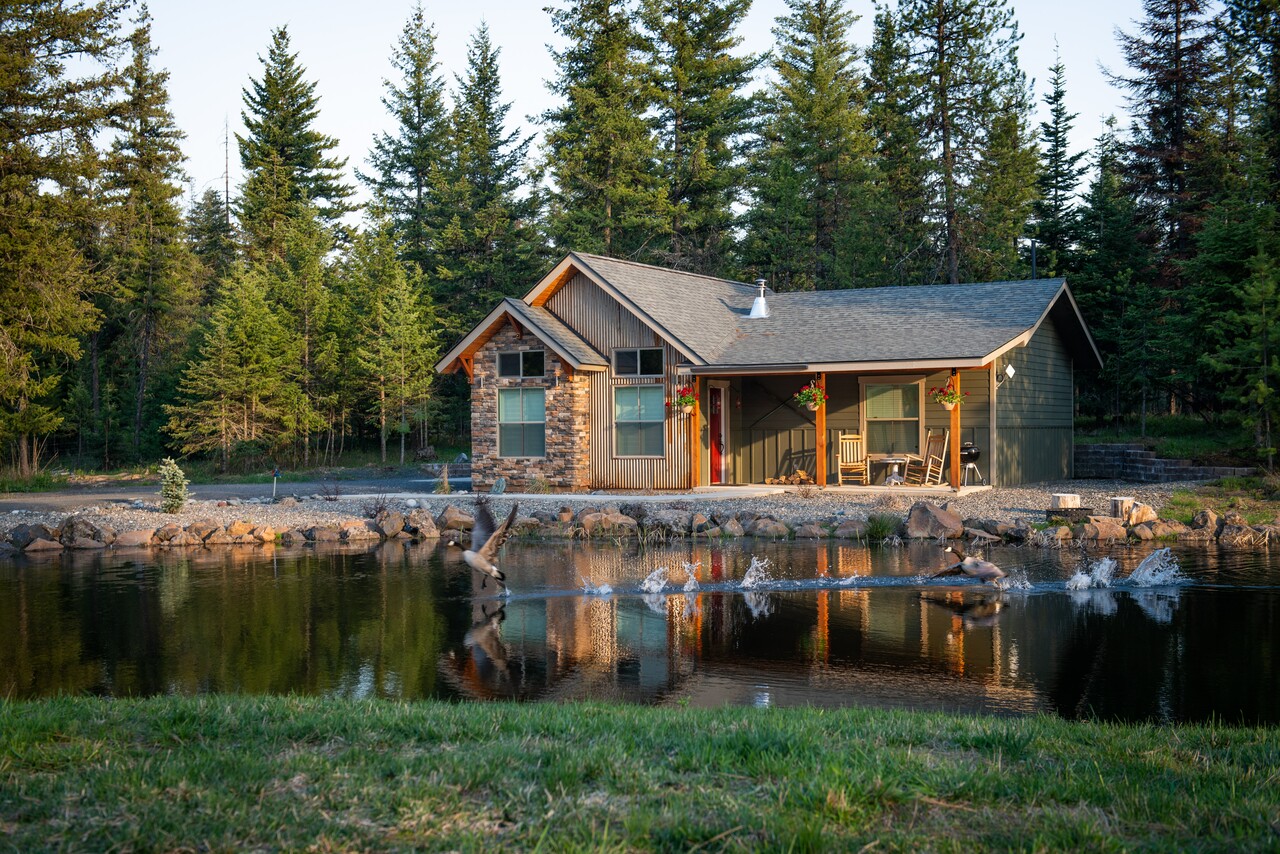Should I Buy a Lake House?
Have you always dreamed of owning a home on a lake? We get it. The calmness of the water, the stillness of the outdoors, and the picturesque views. What could be better? Before you dive-in and purchase the lake house of your dreams, here are some pros and cons to consider.
A Lakefront Property is Normally a Good Investment
Lakefront properties are limited, and the scarcity of these homes can make this type of property a wise real estate investment. Many people choose either a beach or lakefront home as a second home and therefore treat it as both an investment and a vacation getaway. Before you purchase a lake house, it is best to consider multiple location options and do your research on which property would be best to own from an investment standpoint. Ensure that you have an expert inspect the location to be sure the land is sturdy, and the waterline is not rising. If the inspection shows that your home is stable and in a desirable area, the value of the home will rise.
Constant Vacation
Whether the lake house you are planning on buying is a second home or a permanent residence, you will feel like you are on vacation when you are at your waterfront property. There are plenty of activities to do without leaving your property including water activities, swimming, boating, sunbathing, exercising, and relaxing. Waterfront homes provide peace and quiet, without leaving the comfort of your own space. Let the permanent vacation begin!
Incredible Views
There is nothing like waking up to a beautiful sunrise and sipping coffee on your balcony while the sun rises over the lake. The views from a lake house are one of the biggest benefits of this type of property and one that will inspire relaxation and serenity.
Higher Insurance Costs
When you purchase a home on a lake, it is important to remember that there will be extra costs involved with this type of property. Some lakefront properties required flood insurance due to the proximity of the water. Utility expenses can also be quite high because these homes are normally not found in concentrated urban areas.
Insurance is the highest fee for lakefront properties owners because of the risk of injury to residents or the home. Local laws or your mortgage lender may mandate the type of insurance you need to have when owning a lakefront property. Flood insurance is a wise investment as it can provide protection for many diverse types of emergency situations. There are two types of flood insurance: FEMA backed National Flood Insurance Program (NFIP) and Private Insurance
Wear and Tear Expenses
When you purchase a home on the water, there is little blocking your house from the outside elements. Humidity from the water may break down the materials your home is made of, and water may cause damage to the interior of the home. Also, proximity to a body of water can cause your home to be vulnerable to storms and natural disasters. You will have to put more work into maintaining your lakefront property which will require additional expenses and time dedicated to your home.
Excessive Regulations
Most areas in the United States have additional regulations on what you can do with your lake front property including the home itself and the dock. There may be ordinances you need to follow including restrictions on construction, storage of materials, tree removal, and work prohibitions in the water.
Final Thoughts
Owning a lakefront property can be an exciting experience! But it is important to understand the pros and cons of this type of property. You will need to learn about the home’s structure, layout by the water, and the risks of owning the property before making the purchase.
Ready to buy a lake house? Contact AnnieMac today!
